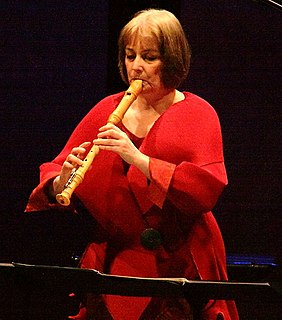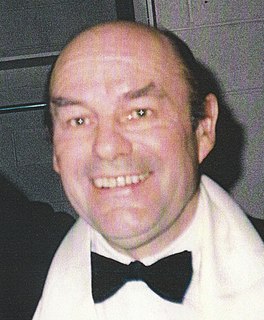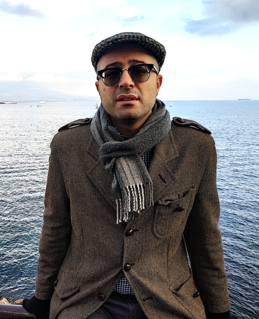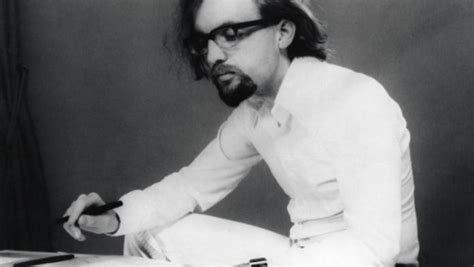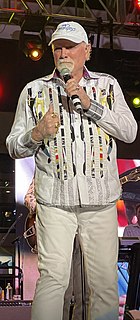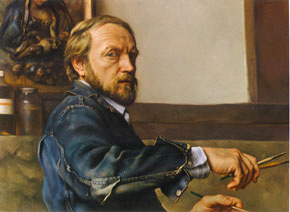A Quote by Michala Petri
Composers often think in terms of music and not of an instrument itself.
Related Quotes
There are, however, composers whose music can only be heard in a chromatic sense. George Perle, for example, wrote pieces that you might think of as leaning in a tonal direction but it's very hard to register a pitch as, say, the sixth degree of a scale, whereas in much of my music I think that's often relatively easy to do.
I think, you know, for someone who does play, let's say, old music or, you know, Baroque music or Renaissance music - and you know, and I do play a lot of that, obviously - engaging with new composers, engaging with young composers, is really exciting because it makes me look at people of the past in a very different way that they are also living, that there was a lot of subjectivity in the decisions that they were making.
I think of music a lot when I paint. The theme of it to a degree is music. So instead of literally putting in music or literally putting in a musical instrument, I use only a hint of the instrument, but the brocaded pattern is like a line of Bach because of its order and the leaves going up are like passages from Vivaldi, and the emphasis on drapery is where the sound comes.
